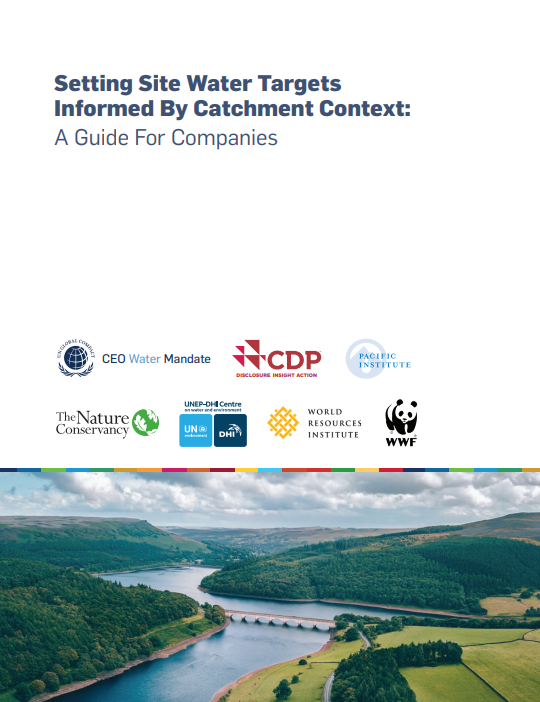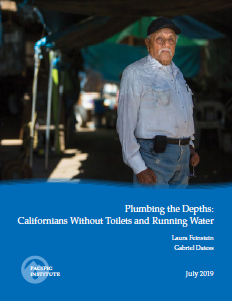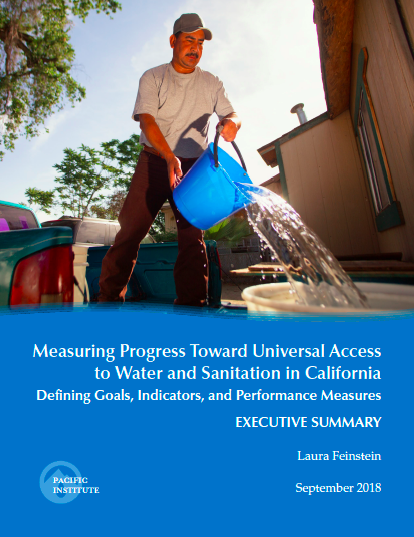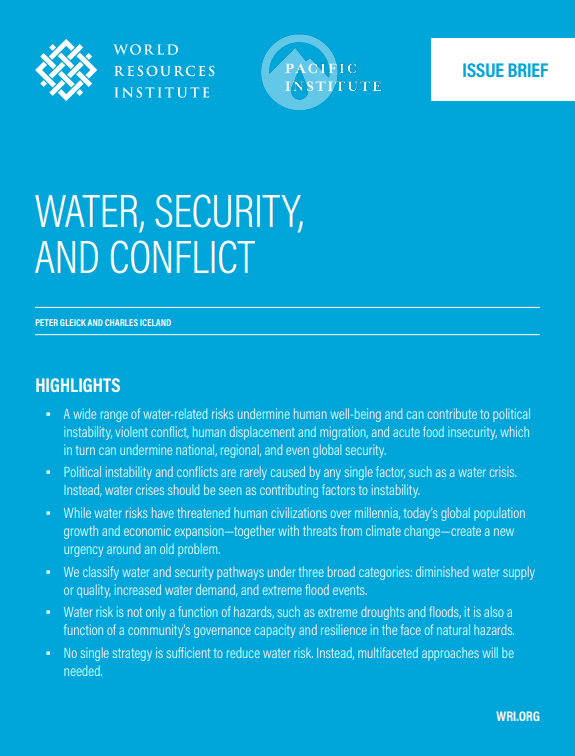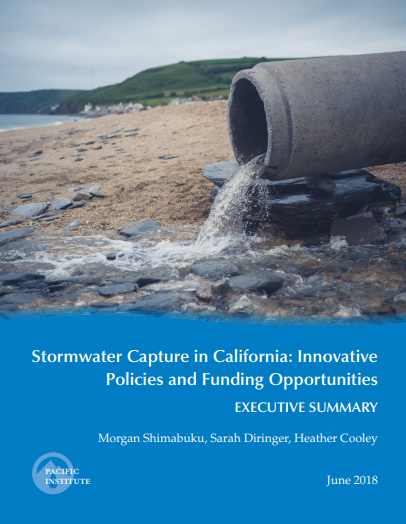1070 Resources
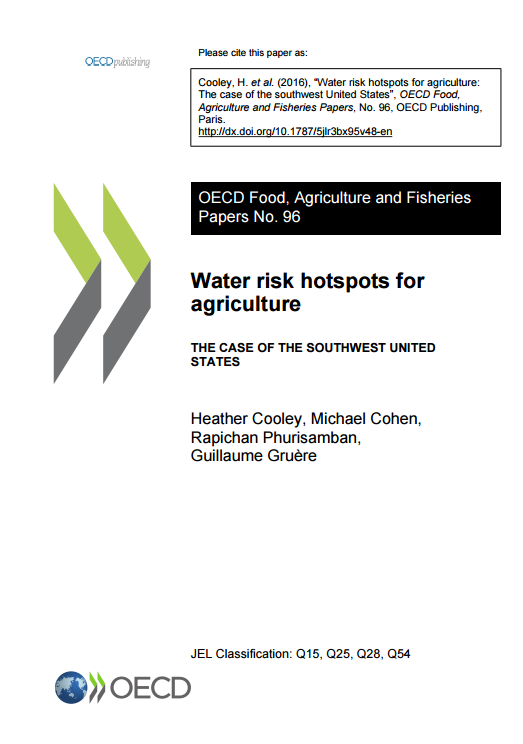
Water Risk Hotspots for Agriculture: The Case of the Southwest United States
September 27, 2016 | publication
Despite being the United States’ most arid region, the US Southwest – Arizona, California, Colorado, Nevada, New Mexico, and Utah – is one of the most productive agricultural regions in the world. Yet nearly 75% of total cropland in the region, and an even higher percentage of total agricultural productivity, depends on supplemental irrigation.

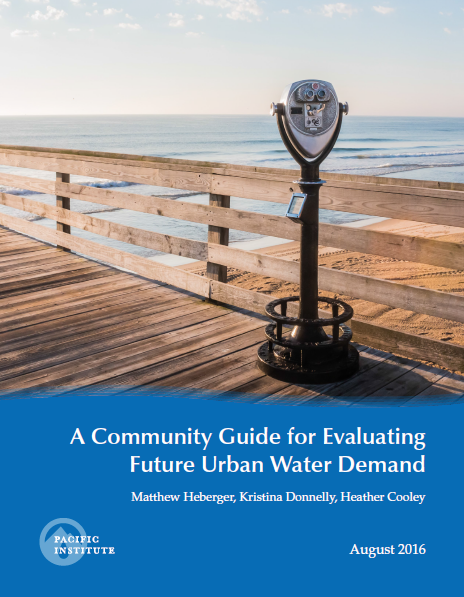
A Community Guide for Evaluating Future Urban Water Demand
August 31, 2016 | publication
A Community Guide for Evaluating Future Urban Water Demand provides communities, environmental groups, ratepayer advocates, and anyone interested in sustainable water supply planning with the knowledge and tools they need to understand water demand forecasts.
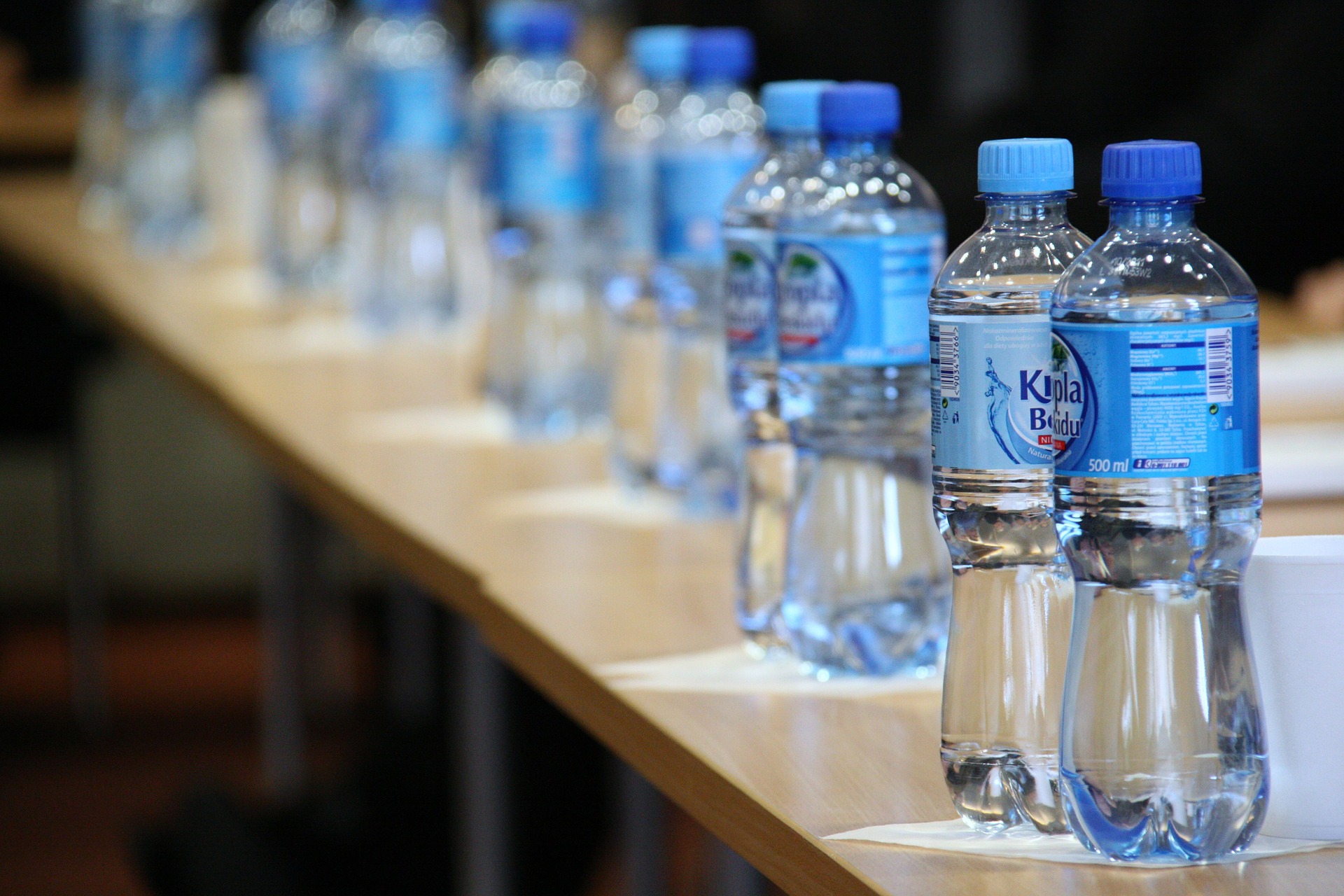
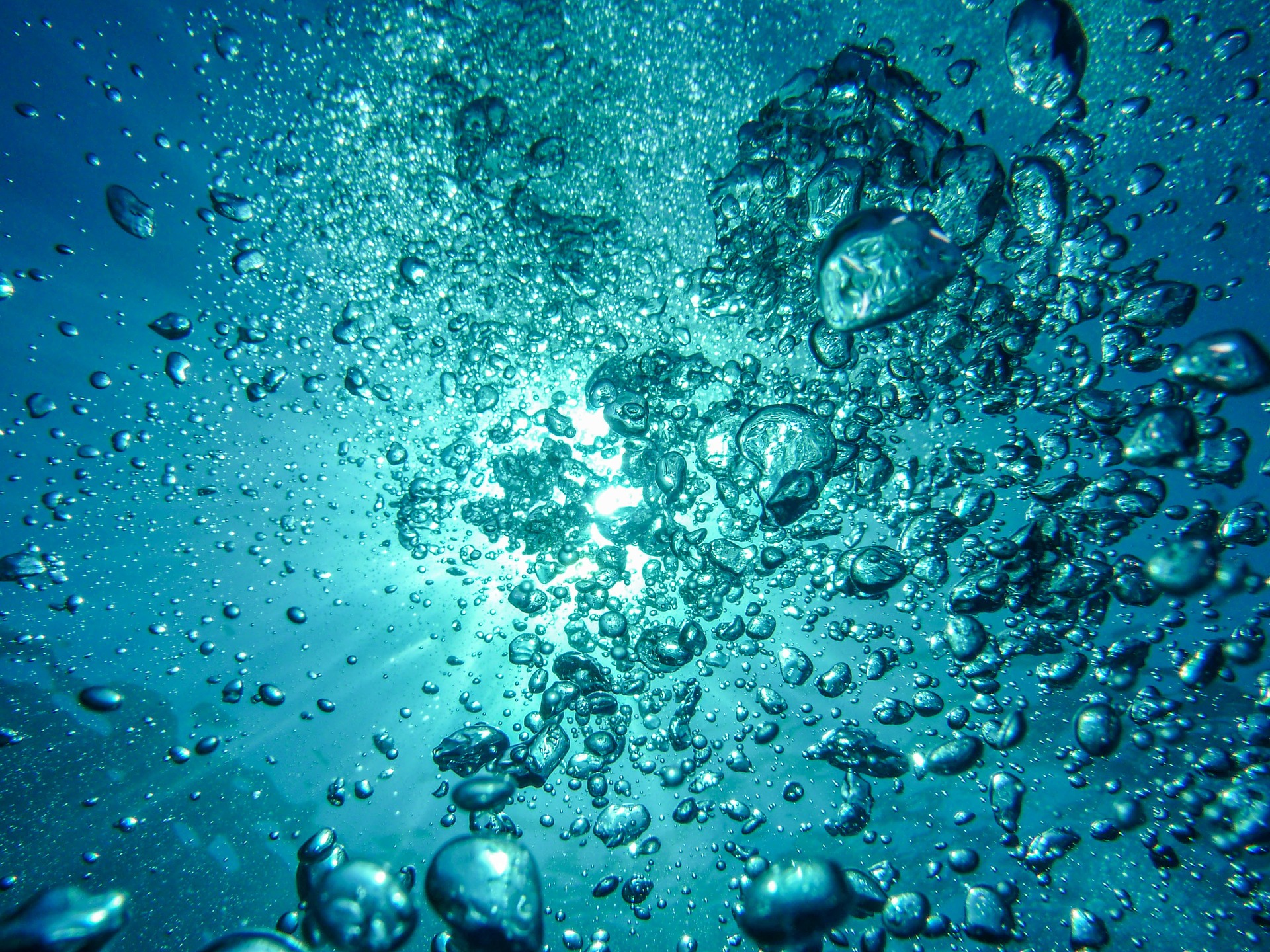
ERW Opinion: On Methods for Assessing Water-Resource Risks and Vulnerabilities
August 3, 2016 | post
As populations and economies continue to expand and as anthropogenic climate change accelerates, pressures on regional freshwater resources are also growing.

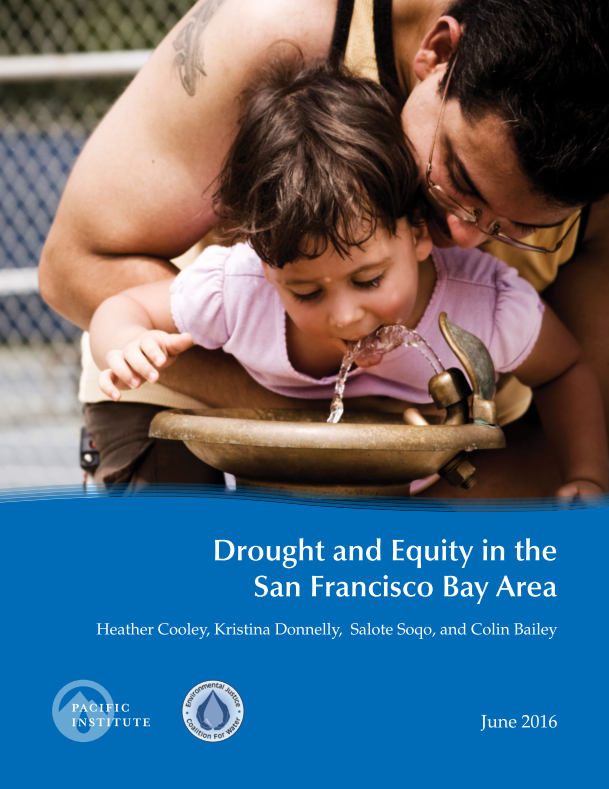
Drought and Equity in the San Francisco Bay Area
June 29, 2016 | publication
The most severe drought in California on the instrumental record stretched from 2012-2016. The drought was highly publicized, with particular attention paid towards impacts on agriculture, urban areas, and ecosystems. Little attention, however, was paid to the drought’s impacts on California’s low-income communities.
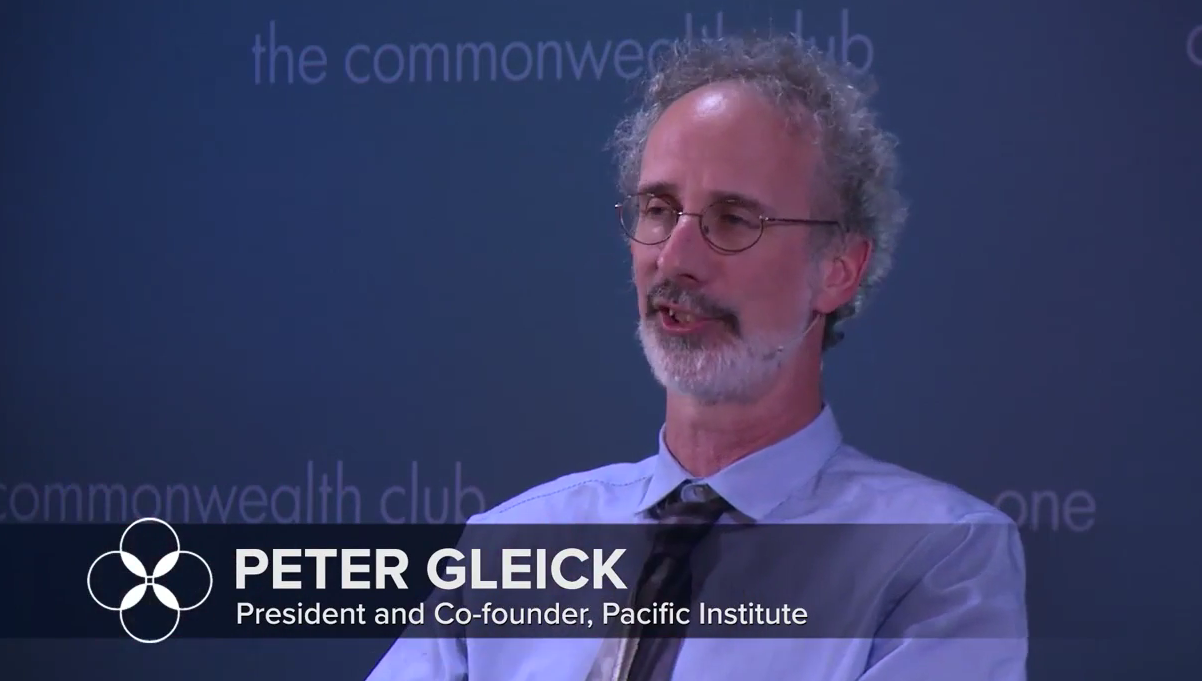
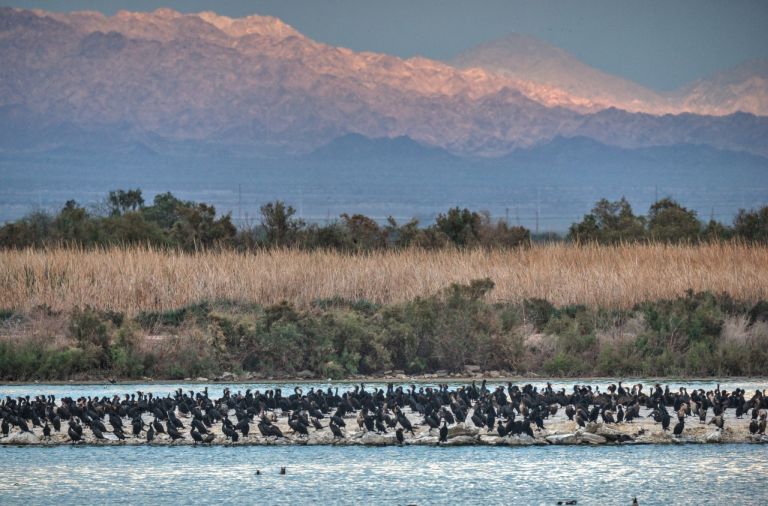
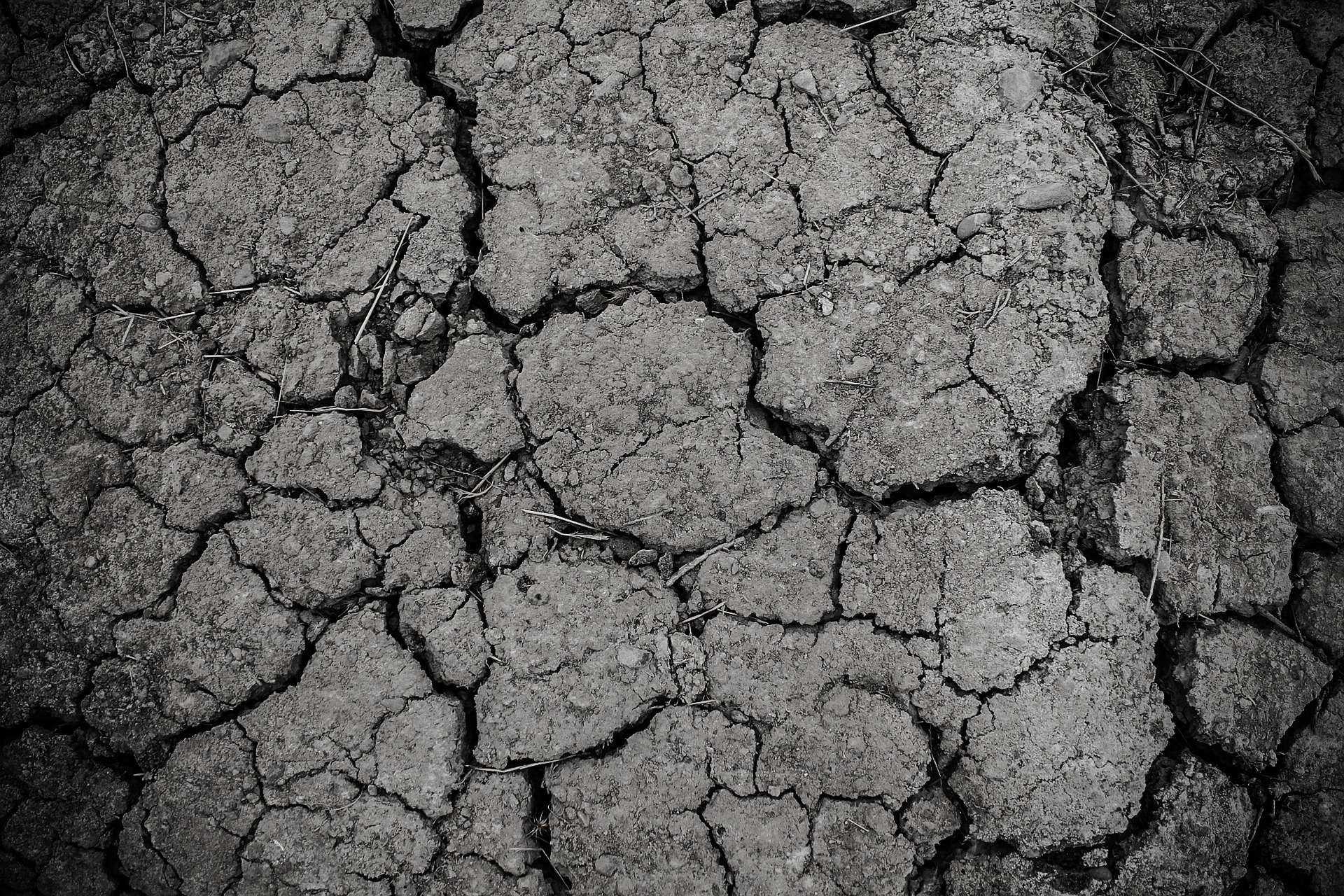

Huffpost Green: An Open Letter From Peter Gleick: My Transition at the Pacific Institute
March 28, 2016 | post
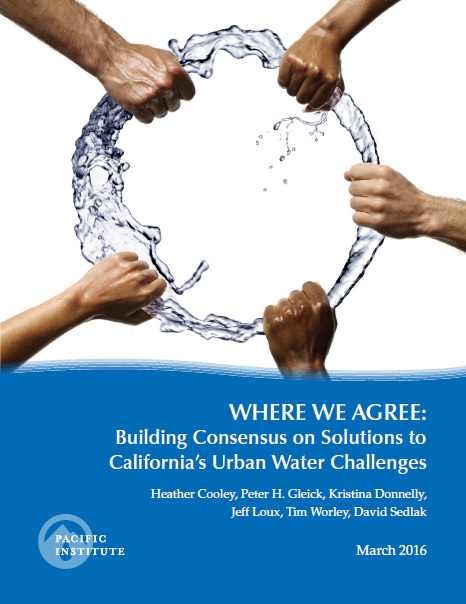
Where We Agree: Building Consensus on Solutions to California’s Urban Water Challenges
March 9, 2016 | publication
California has a long list of unresolved and difficult water challenges, made more urgent by periods of severe drought that are exacerbated by climate change.
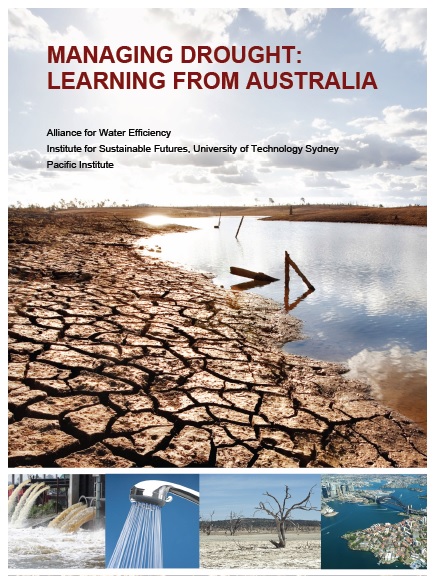
Managing Drought: Learning from Australia
February 25, 2016 | publication
A new report released today shows that strategies developed and mistakes made during Australia’s decade-long Millennium Drought provide a powerful resource for California, as the state enters its fifth year of severe drought.
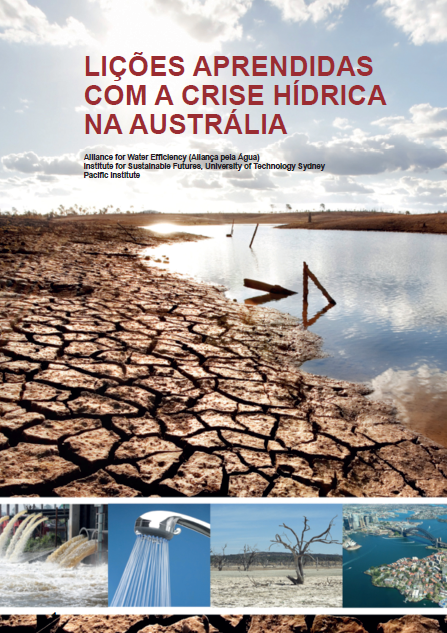
LIÇÕES APRENDIDAS COM A CRISE HÍDRICA NA AUSTRÁLIA
February 25, 2016 | publication
Realizado pela Alliance for Water Efficiency (Chicago, EUA), pelo Institute for Sustainable Futures, da Universidade de Tecnologia de Sidney (Sidney, AUS) e pelo think tank Pacific Institute, ”Managing the Drought” busca identificar as estratégias que as companhias de águas urbanas e agências de águas da Austrália adotaram para sobreviver à pior seca já registrada em sua história – a ”Seca do Milênio”, que durou de 1997 até seu término oficial, em 2012.

National Geographic ScienceBlogs: Water, Security, and Conflict: Violence over Water in 2015
February 17, 2016 | post
Since its founding in 1987, the Pacific Institute has worked to understand the links between water resources, environmental issues, and international security and conflict.
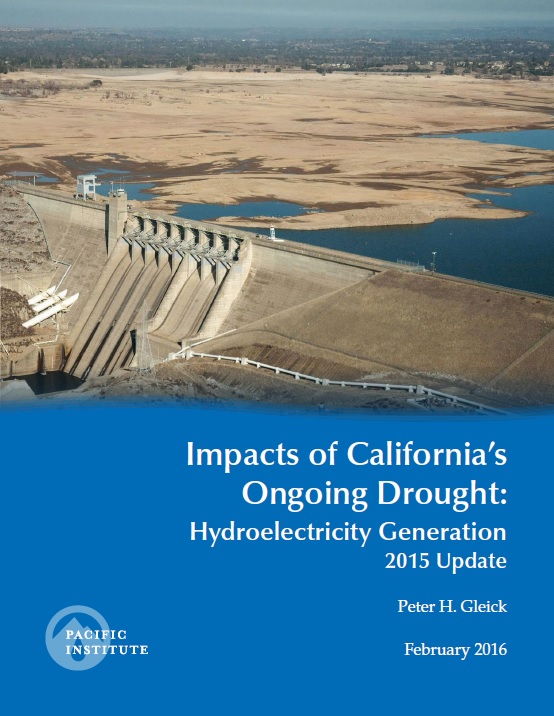
Impacts of California’s Ongoing Drought: Hydroelectricity Generation 2015 Update
February 9, 2016 | publication
Hydropower and natural gas are the principal sources of electricity for California’s millions of users.

Moving from Theory to Practice: A Synthesis of Lessons about Incentive-Based Instruments for Freshwater Management
February 8, 2016 | post
There has been growing interest in applying incentive-based instruments, such as pollution charges and tradeable permits, to address the twin challenges of accessing enough freshwater to meet our needs while also preserving the well-being of freshwater ecosystems.
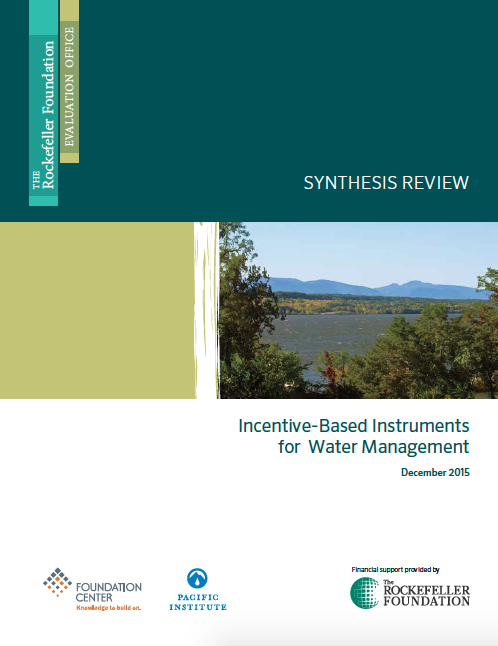
Incentive-Based Instruments for Freshwater Management
February 8, 2016 | publication
Freshwater is perhaps the single most precious resource for human health and development.

Huffington Post: The Most Important Water Stories of 2015
February 4, 2016 | post
In early 2015, participants at the World Economic Forum, a who's who of the political and business elite, ranked water crises as the top global risk. Water was also a key factor in the adoption by the United Nations General Assembly of the Sustainable Development Goals (SDGs), a blueprint for international development over the next 15 years.
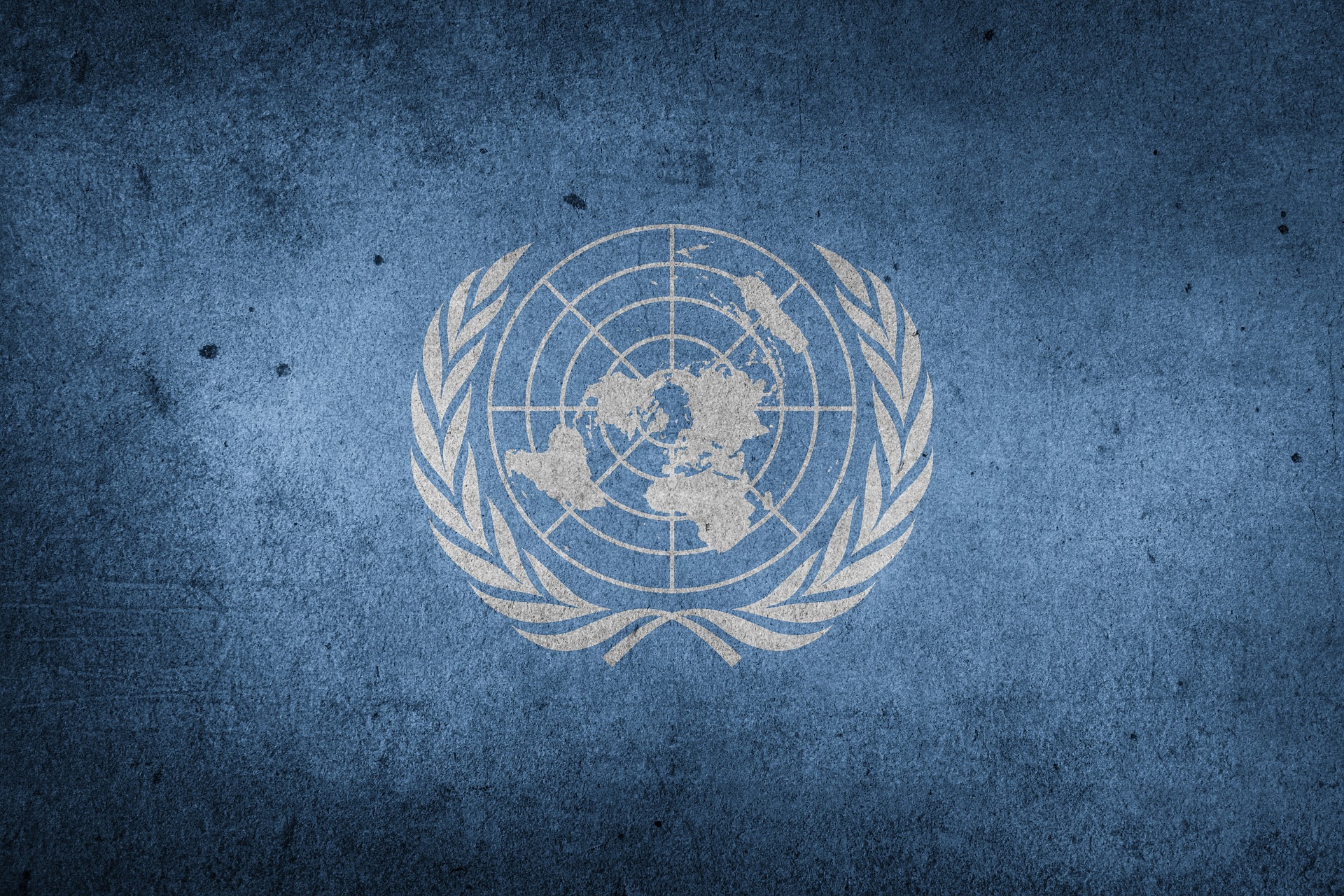
Sanitation and Water for All Partner Perspectives: One Year On: Companies and Respect for the Human Rights to Water and Sanitation
January 29, 2016 | post
2015 was a historic year for sustainable development. The world came together and adopted the Sustainable Development Goals (SDGs), a new framework that will guide development for the next 15 years.

Huffington Post: The Historic, Unprecedented, Landmark Climate Agreement
December 15, 2015 | post
Historic. Unprecedented. Landmark. Also, the world's greatest diplomatic success. A turning point for the world. This is some of the language used to describe the global climate agreement reached this week in Paris.
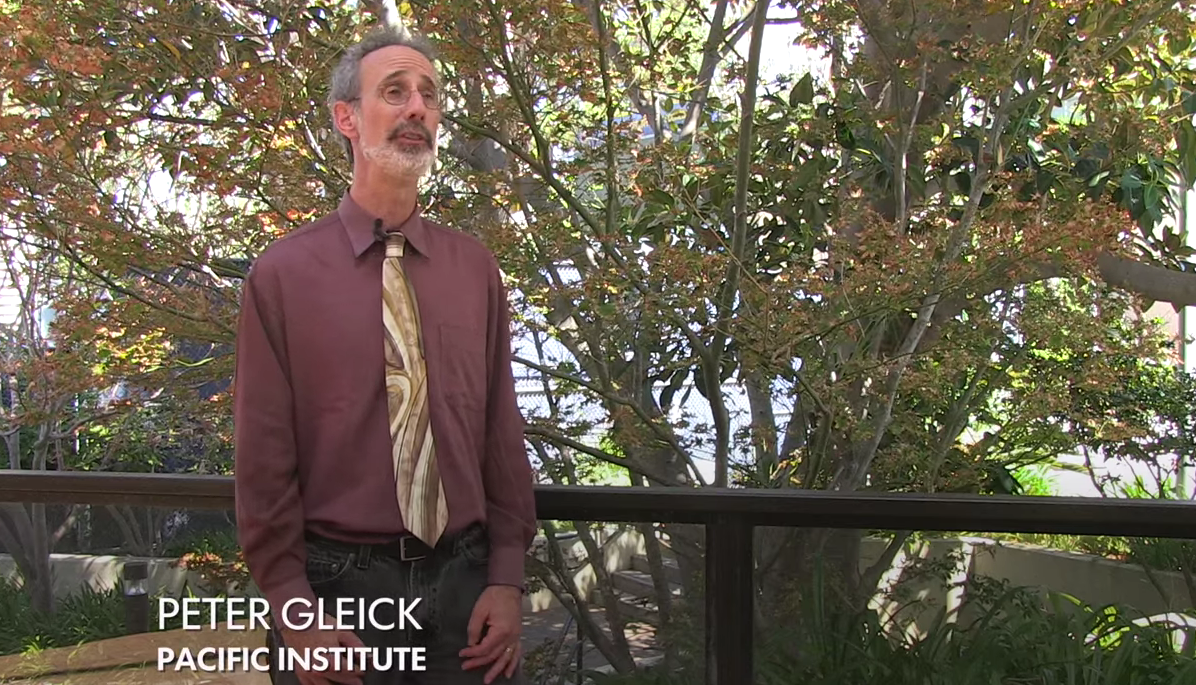

Huffington Post: Climate Science in 1956 and 2015
December 10, 2015 | post
Despite the apparent inability of many of our current policy makers to accept the scientific reality of climate change, the science is not new. Fifty-nine years ago, on October 28, 1956, the New York Times ran a story in their Science in Review section entitled "Warmer climate on the earth may be due to more carbon dioxide in the air."
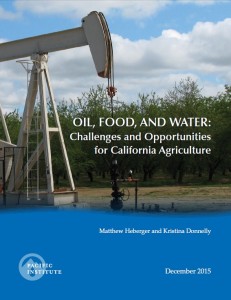
Oil, Food, and Water: Challenges and Opportunities for California Agriculture
December 9, 2015 | publication
Oil, gas, and agriculture are all central to California’s economy. Yet the extent of harmful chemical contamination from the oil and gas industry on food production is not well documented, and there are mounting concerns over human health impacts. This study sheds light on the risks posed when oil and gas production and exploration operate alongside agriculture.

Page 23 of 43



